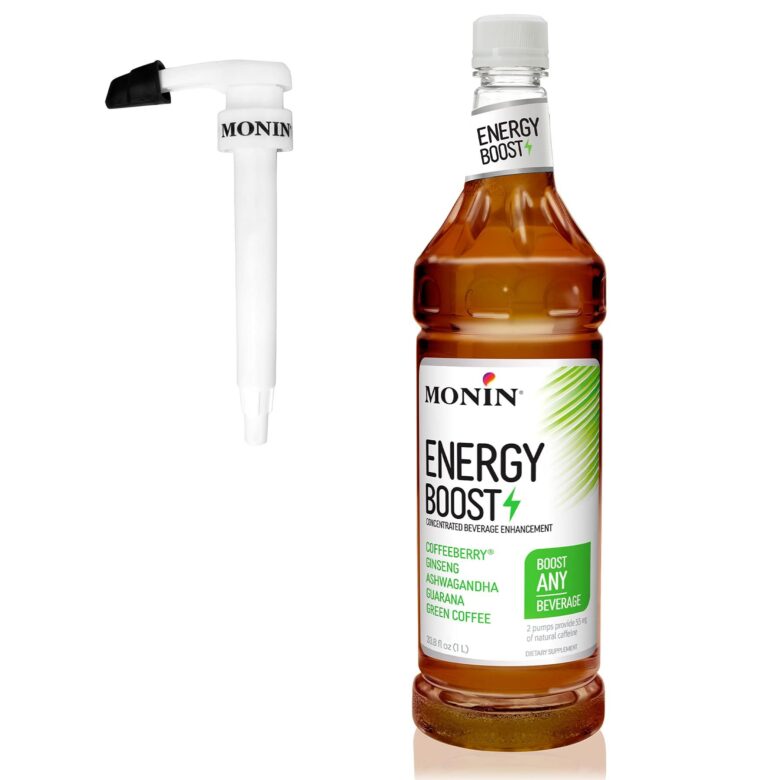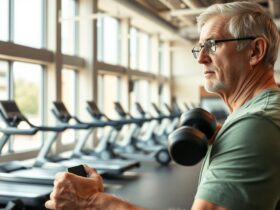In a world that often celebrates relentless productivity and boundless energy, the quest for vitality has become a common pursuit for many. As we navigate our busy lives, feelings of fatigue and lethargy can weigh us down, prompting the search for solutions that promise a revival of vigor. Among the various options available, testosterone therapy has emerged as a beacon of hope for some, claiming to unlock hidden reserves of energy and rejuvenate the spirit. But what lies beneath the surface of this treatment? In this article, we’ll explore the science behind testosterone therapy, its potential benefits and risks, and the fine line between supplementation and the natural ebb and flow of our bodies. Join us as we delve into the intricate relationship between hormones and energy, and uncover whether testosterone therapy might just be the key to a more energized existence.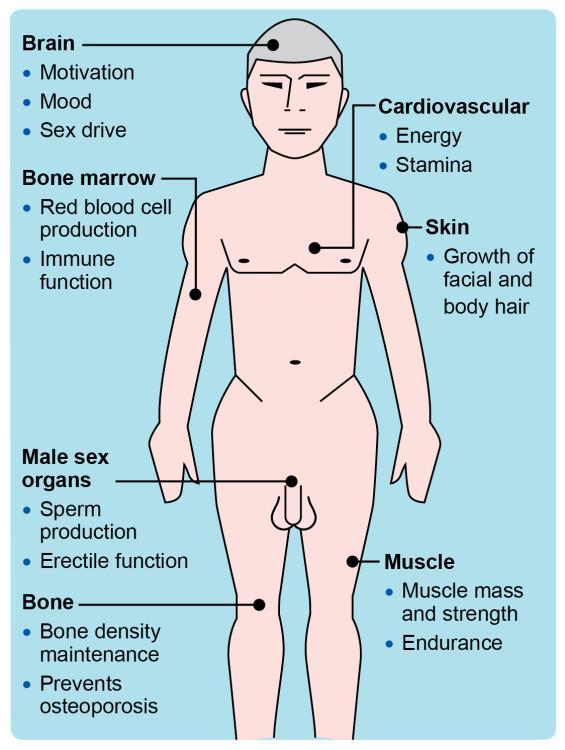
Understanding Testosterone and Its Role in Energy Levels
Testosterone is a vital hormone that plays a crucial role in maintaining energy levels, particularly in men. It not only regulates the body’s overall vitality but also influences aspects such as muscle mass, bone density, and fat distribution, all of which contribute to an individual’s stamina. As testosterone levels fluctuate, individuals often report feelings of fatigue and decreased motivation, making energy levels a pivotal concern. The presence of adequate testosterone can lead to enhanced endurance, allowing for more productive workouts and daily activities. Understanding this relationship is key for those exploring therapeutic options for energy enhancement.
In particular, testosterone therapy has emerged as a popular solution for those seeking to combat fatigue and improve overall energy. The therapy aims to restore optimal hormone levels, which can result in numerous benefits, including:
- Increased Muscle Strength: Enhanced testosterone levels can lead to improved muscle mass and strength.
- Improved Mood: Balanced testosterone can positively influence mood and reduce feelings of lethargy.
- Better Sleep Quality: Adequate hormone levels can contribute to more restful and restorative sleep patterns.
When considering testosterone therapy, it’s essential to consult healthcare professionals to discuss potential benefits, risks, and the appropriate treatment plan tailored to individual needs. Monitoring hormone levels and making lifestyle adjustments can further amplify the positive effects on energy, ensuring a holistic approach to wellness.
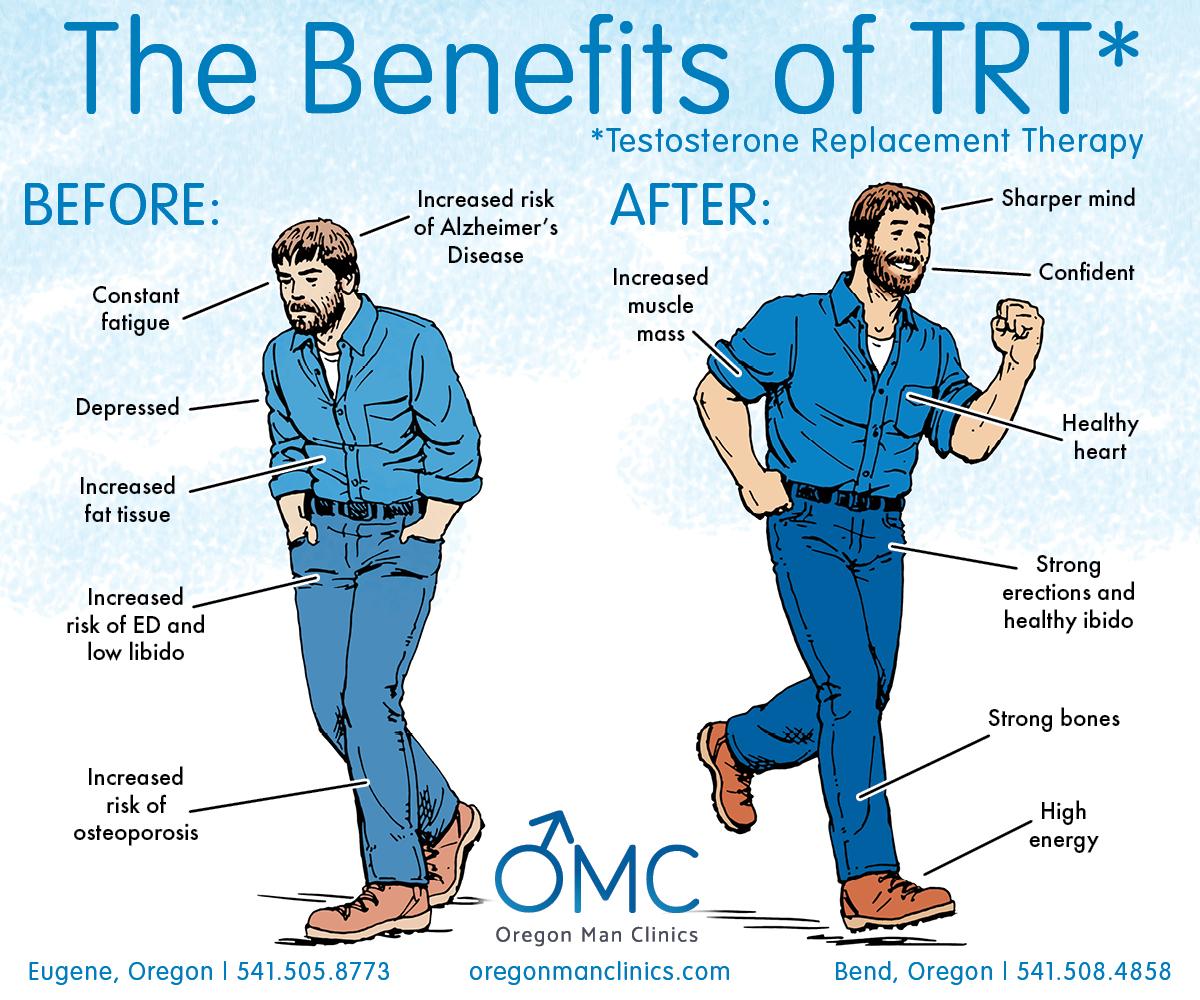
Evaluating the Symptoms of Low Testosterone
Low testosterone levels can manifest through various physical, emotional, and cognitive symptoms. Common indicators of this hormonal imbalance include:
- Reduced Energy Levels: A noticeable dip in stamina or motivation may hinder daily activities.
- Decreased Libido: A decline in sexual desire and performance is frequently reported.
- Mood Changes: Irritability, depression, or anxiety can be linked to low testosterone.
- Loss of Muscle Mass: Difficulty in muscle gain and increased body fat may indicate insufficient hormone levels.
- Sleep Disturbances: Trouble falling asleep or maintaining restful sleep can also be symptomatic.
To further understand the impact of low testosterone, consider the following comparisons in symptoms and their possible effects:
| Symptom | Potential Effect |
|---|---|
| Fatigue | Decreased productivity and motivation |
| Weight Gain | Heightened risk of cardiovascular issues |
| Memory Issues | Challenges in daily decision-making and focus |
| Bone Density Loss | Increased vulnerability to fractures |
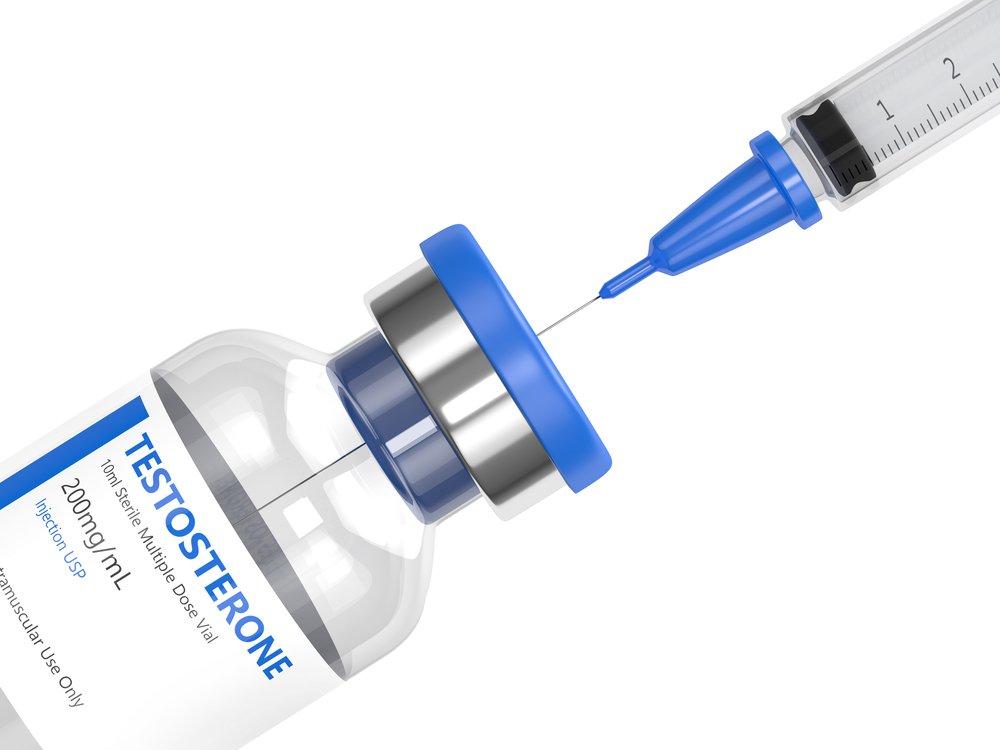
Exploring the Benefits of Testosterone Therapy
Testosterone therapy offers a range of advantages that can be particularly beneficial for those experiencing fatigue and reduced energy levels. By restoring optimal testosterone levels, individuals often report significant improvements in their overall vitality. Some of the key benefits include:
- Increased Energy Levels: Enhanced testosterone can lead to improved stamina, allowing individuals to engage more fully in daily activities.
- Improved Mood: Many users notice a positive shift in their mood and motivation, which can help combat feelings of lethargy.
- Enhanced Muscle Mass: Boosted testosterone contributes to better muscle-building capabilities, which is essential for maintaining energy in an active lifestyle.
Moreover, testosterone therapy can drive metabolic improvements, which plays a crucial role in how the body utilizes energy. Understanding these metabolic effects can help individuals make informed decisions about their health. Here’s a simple overview of how testosterone therapy influences energy metabolism:
| Effect | Benefit |
|---|---|
| Fat Oxidation | Increases the body’s ability to burn fat for energy. |
| Insulin Sensitivity | Improves the body’s response to insulin, aiding in energy regulation. |
| Red Blood Cell Production | Enhances oxygen delivery, supporting overall energy levels. |
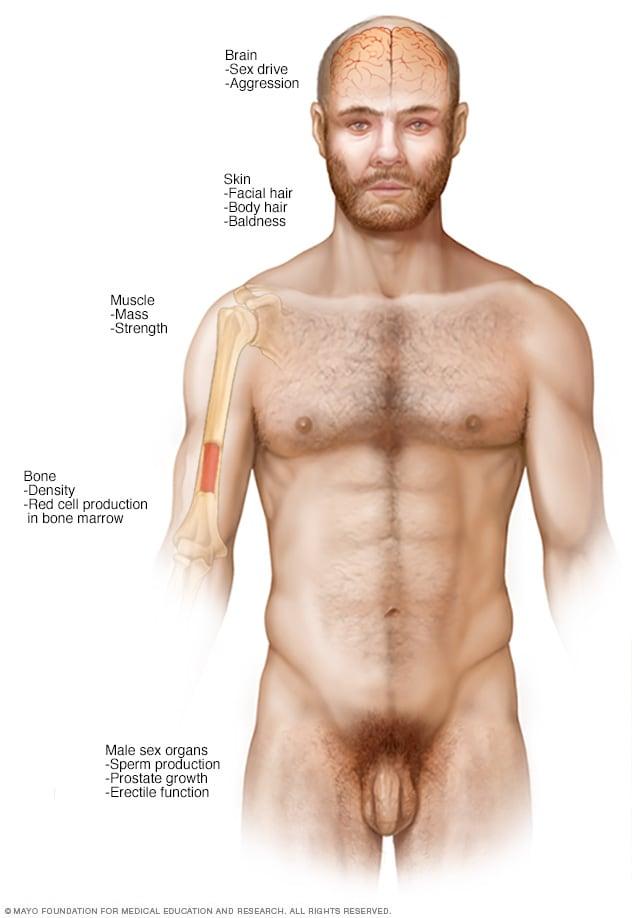
Different Approaches to Testosterone Therapy
Testosterone therapy can be approached through various methods, each offering distinct benefits and potential challenges. Some common modalities include injections, transdermal patches, and pellet implants. Each of these methods delivers testosterone into the body but varies in the frequency of administration and absorption rates. For instance, injections, often administered bi-weekly or monthly, provide a quick boost in testosterone levels but may require ongoing visits to a healthcare provider. On the other hand, transdermal patches offer a more consistent and less invasive option that can be applied daily, allowing for steady hormone levels throughout the day.
Another innovative approach to testosterone therapy involves oral formulations and gels. Oral testosterone provides a convenient option, yet it may carry a higher risk of liver complications compared to other forms. Gels, akin to patches, allow testosterone to be absorbed through the skin, giving patients the flexibility to manage their therapy discreetly at home. Additionally, an emerging alternative is the use of bioidentical hormones, which are chemically identical to those produced by the human body. Below is a brief comparison of these approaches in terms of their administration frequency and absorption efficacy:
| Method | Administration Frequency | Absorption Rate |
|---|---|---|
| Injections | Bi-weekly or monthly | Fast |
| Transdermal Patches | Daily | Steady |
| Pill Formulations | Daily | Variable |
| Gels | Daily | Moderate |
| Pellet Implants | Every 3-6 months | Consistent |
Potential Risks and Considerations
While testosterone therapy may offer a promising boost in energy levels, it is imperative to approach the treatment with caution. Potential side effects associated with testosterone therapy can include mood swings, increased aggression, and sleep disturbances. Furthermore, long-term therapy may carry risks such as cardiovascular complications and alterations in lipid profiles. Considering these factors, it’s essential for individuals to undergo thorough medical evaluations and ongoing monitoring during treatment to mitigate potential health risks.
In addition to physical health risks, psychological and social considerations should also be taken into account. The stigma surrounding hormone therapies can lead to feelings of isolation or anxiety in some individuals. Additionally, the dependence on therapy for energy could mask underlying conditions, preventing individuals from seeking alternative and potentially safer approaches to enhancing energy. Patients should be aware of these dynamics and engage openly with healthcare professionals to develop a holistic approach to their well-being.
Integrating Lifestyle Changes for Optimal Results
Achieving the best results from testosterone therapy involves more than just the treatment itself; it necessitates a holistic approach to lifestyle changes. By incorporating regular exercise routines, a balanced diet, and adequate sleep, you can amplify the benefits of therapy. Consider integrating activities like strength training, which can enhance muscle mass and improve energy levels. Emphasizing whole foods rich in magnesium, zinc, and vitamin D can further support hormonal balance. Sustaining consistent sleep patterns also plays a pivotal role; adequate rest not only maximizes the effectiveness of testosterone therapy but promotes overall well-being.
Additionally, adopting stress management techniques can significantly contribute to optimizing your results. Stress can lead to elevated levels of cortisol, a hormone known to counteract the positive effects of testosterone. Techniques such as meditation, yoga, or even simple breathing exercises can help maintain emotional balance. It’s also beneficial to cultivate social connections; engaging with friends or joining support groups can provide the encouragement needed to maintain your lifestyle changes. Ultimately, a fusion of these practices not only enhances the efficacy of testosterone therapy but also fosters a healthier, more energized lifestyle.
Consulting Healthcare Professionals for Personalized Guidance
When considering testosterone therapy for an energy boost, it’s crucial to seek the expertise of healthcare professionals who can provide tailored advice specific to your needs. Personalized guidance can help you navigate the complexity of treatment options while taking into account your individual health status, lifestyle, and goals. By collaborating with experienced providers, you can ensure that any therapeutic approach maximizes benefits and minimizes potential risks.
Healthcare professionals typically evaluate various factors before recommending testosterone therapy, which may include:
- Current testosterone levels: Understanding baseline hormone levels is essential for determining the need for therapy.
- Symptoms assessment: Identifying specific symptoms such as fatigue, mood changes, or decreased libido helps tailor treatment.
- Medical history: A thorough review of your past and current health conditions ensures safe and effective therapy.
- Lifestyle considerations: Discussion around diet, exercise, and stress management can enhance overall treatment effectiveness.
| Factor | Considerations |
|---|---|
| Age | Age-related hormone levels may affect treatment options. |
| Fitness Level | Active individuals might experience different benefits. |
| Underlying Conditions | Conditions like obesity or diabetes can influence therapy. |
Q&A
Q&A: Testosterone Therapy for Energy Boost
Q: What exactly is testosterone therapy?
A: Testosterone therapy is a medical treatment that involves administering synthetic testosterone to individuals with low levels of the hormone. It can be provided through injections, patches, gels, or pellets. Originally designed to address conditions such as hypogonadism, testosterone therapy has gained attention for its potential effects on energy levels, mood, and overall vitality.
Q: How does testosterone influence energy levels?
A: Testosterone plays a crucial role in various bodily functions, including muscle strength, fat distribution, and metabolic health. When testosterone levels are optimized, many individuals report enhanced energy, increased motivation, and improved physical performance. However, the exact mechanism remains complex and can vary from person to person.
Q: Who might benefit from testosterone therapy?
A: Testosterone therapy is primarily recommended for men who have been diagnosed with low testosterone levels, a condition often called low T. Symptoms may include fatigue, reduced motivation, mood swings, and a decrease in physical strength. In some cases, women may also be prescribed testosterone therapy to alleviate specific hormonal imbalances, though this is less common and usually approached with caution.
Q: Are there risks associated with testosterone therapy?
A: Yes, like any medical treatment, testosterone therapy carries potential risks. Common side effects can include acne, hair loss, increased risk of sleep apnea, and changes in cholesterol levels. More serious risks may involve cardiovascular issues and hormonal imbalances. It’s essential for individuals considering this therapy to have a thorough discussion with their healthcare provider about potential benefits and risks.
Q: Is testosterone therapy a sustainable energy boost?
A: While many seek testosterone therapy for an energy boost, it’s important to note that it’s not a one-size-fits-all solution. While some may experience a significant improvement in energy levels, others may not notice substantial changes. Additionally, the long-term sustainability of these effects is still a topic of ongoing research, and lifestyle factors such as diet, exercise, and sleep should be considered.
Q: What lifestyle changes can complement testosterone therapy?
A: Combining testosterone therapy with a healthy lifestyle can enhance its effects. Regular exercise, particularly strength training, balanced nutrition, adequate sleep, and stress management can help maintain hormone levels and promote overall well-being. Engaging in activities that foster emotional health can also contribute to sustained energy and vitality.
Q: How can someone determine if they need testosterone therapy?
A: The first step is to consult with a healthcare provider, who can perform blood tests to assess hormone levels. If low testosterone is confirmed, a physician will take a comprehensive approach, considering symptoms, medical history, and lifestyle factors before recommending therapy. Self-diagnosing or seeking treatment without proper medical guidance is not advisable.
Q: What’s the bottom line on testosterone therapy for energy?
A: Testosterone therapy can be beneficial for those with clinically low testosterone seeking an energy boost. However, it’s not a universal remedy and should be approached thoughtfully and under medical supervision. Balancing therapy with healthy lifestyle habits remains key to achieving the best outcomes for energy and overall health.
To Wrap It Up
the quest for enhanced energy and vitality often leads individuals to explore various options, with testosterone therapy emerging as a compelling choice for many. As we’ve discovered, this therapy can offer significant benefits, particularly for those experiencing hormone imbalances that affect their daily lives. However, it’s crucial to approach this option with a discerning mind and a thorough understanding of the potential risks and rewards.
As we navigate the intricate interplay of hormones and health, remember that every individual’s journey is unique. Consulting a healthcare professional is essential to tailor a strategy that aligns with your personal goals and circumstances. Whether you’re seeking an energy boost or striving for overall wellness, informed decisions empower you to take charge of your health.
So, as you contemplate your next steps on this path, stay curious and proactive. The right knowledge, paired with professional guidance, can illuminate your way to a rejuvenated sense of energy and well-being. Here’s to discovering what works best for you on this journey toward vitality!

